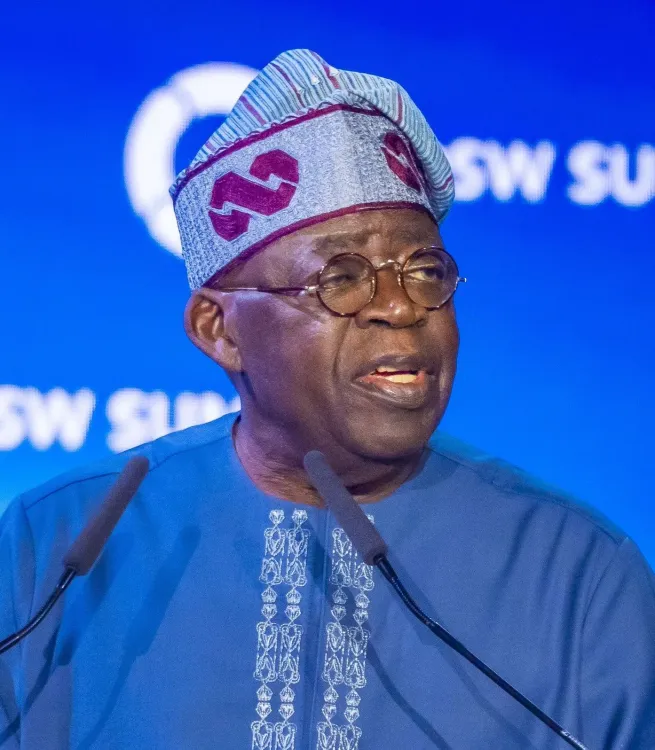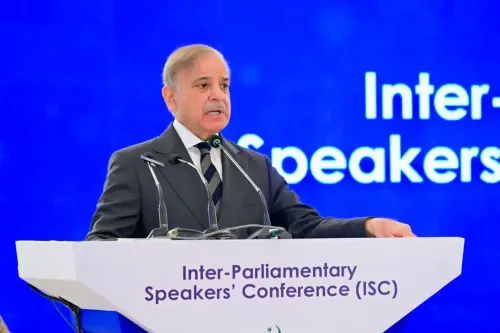Is the Nigerian Government Borrowing Sustainably?

Synopsis
Key Takeaways
- The Nigerian government is committed to borrowing within manageable limits.
- A structured approach to borrowing is being adopted to avoid inefficiencies.
- The proposed borrowing plan includes loans from international development partners.
- Projects funded will cover critical sectors like infrastructure and security.
- Actual borrowing amounts will be included in the annual budget.
Abuja, May 29 (NationPress) The Nigerian government has affirmed its commitment to borrowing within manageable limits and adhering to the country's debt sustainability framework, dismissing claims of overborrowing from the public. In an official statement released on Wednesday in Abuja, the Federal Ministry of Finance highlighted that Nigeria, being the most populous nation in Africa, has embraced a structured, proactive approach that allows for thorough financial planning, steering clear of the pitfalls associated with hasty or reactive borrowing.
This statement was a response to public concerns regarding President Bola Tinubu's recent request to the National Assembly for consent on the 2024-2026 external borrowing rolling plan, also termed the Medium-Term Expenditure Framework, in accordance with the Fiscal Responsibility Act 2007 and the Debt Management Office Act 2003.
President Tinubu has asked the National Assembly to permit the acquisition of external loans amounting to 21.5 million US dollars and 15 billion yuan, in addition to a grant of 65 million euros as part of Nigeria's proposed external borrowing strategy.
The loans are primarily to be drawn from the nation’s development partners, which include the World Bank, African Development Bank, French Development Agency, European Investment Bank, JICA, the Export-Import Bank of China, and the Islamic Development Bank, according to reports from Xinhua news agency.
"This well-planned approach strengthens the country’s capacity to execute efficient fiscal policies and mobilize developmental resources," the statement declared. "The framework delineates the external borrowing strategy for both federal and regional governments over a span of three years, along with five comprehensive appendices detailing the projects, their terms and conditions, and implementation timelines."
The statement clarified that the borrowing plan does not imply actual borrowing within the timeframe or an automatic escalation in the nation's debt load, emphasizing that the actual borrowing amounts for each year are outlined in the annual national budget. For the year 2025, the external borrowing segment is pegged at 1.23 billion dollars.
According to the statement, the nature of the rolling plan permits the division of borrowings across the project's duration, with a significant portion of the initiatives in the 2024-2026 plan having multi-year drawdowns of five to seven years, which are tied to specific projects.
Furthermore, it was noted that these projects encompass vital sectors of the economy, which include power grids and transmission lines, irrigation for enhancing food security, fiber optics networks nationwide, fighter jets for security, and rail and road infrastructure.









